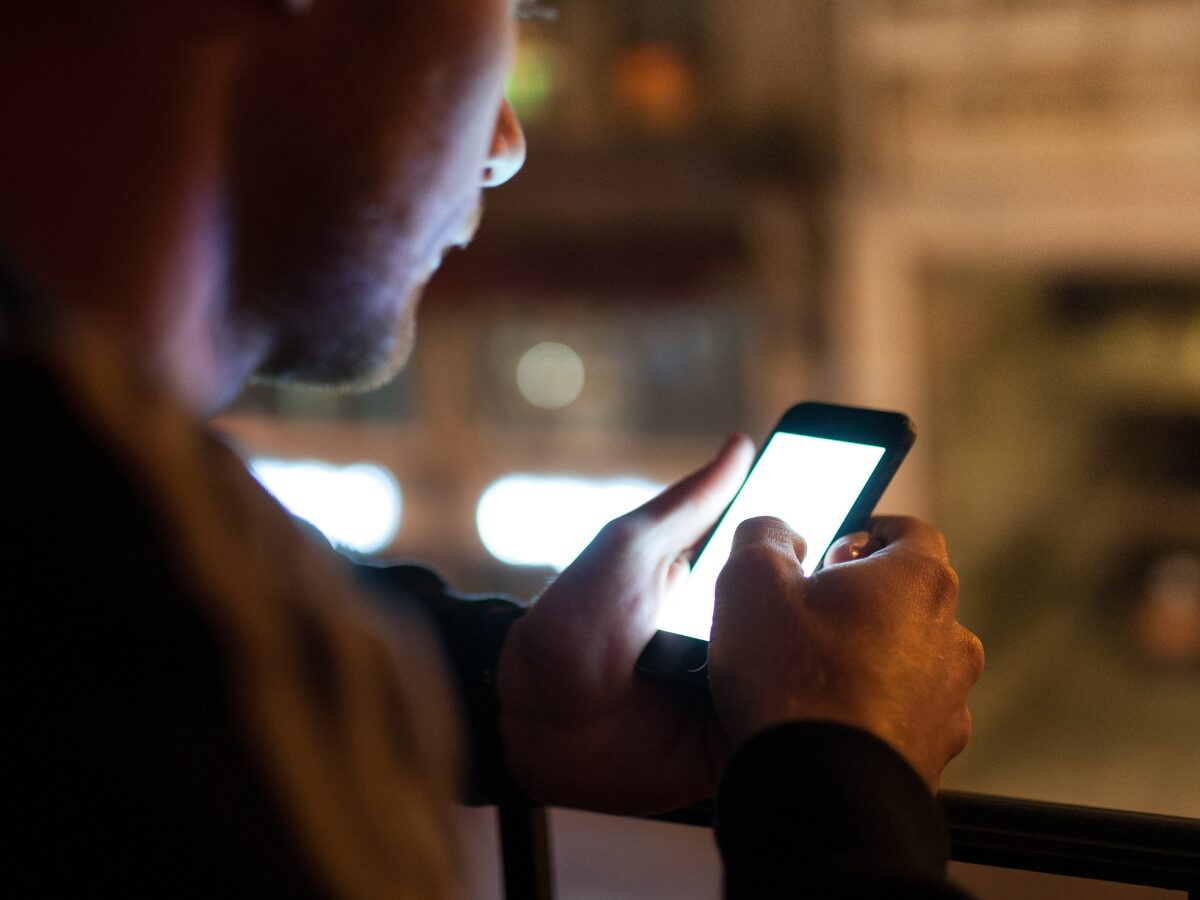Introduction
It’s natural to feel unsettled when your partner seems to pull away, especially if it feels sudden or unexplained. You may wonder if it’s something you did, or if there’s something wrong with the relationship. However, reacting impulsively in these moments can often create more tension and distance. Instead, handling the situation with calmness, patience, and understanding can help you maintain balance and prevent misunderstandings.
This article explores how to respond thoughtfully when your girlfriend or wife pulls away. By avoiding overreactions and approaching the situation with empathy, you can create a safe, supportive environment that encourages open communication and trust, allowing both of you to reconnect naturally.
Why She Might Be Pulling Away
Understanding the reasons why someone might pull away can help reduce anxiety and prevent assumptions that lead to overreactions.
Personal Stress or Overwhelm
Life stressors, such as work pressure, family issues, or personal challenges, can make people feel emotionally drained. Sometimes, pulling away is a way to cope with stress and recharge without having to carry the additional emotional load of relationship issues. In these cases, her pulling away may have nothing to do with the relationship itself.
Need for Personal Space
Everyone has different needs for personal space, and sometimes, pulling away is a way to create balance. She might need a bit of time alone to focus on herself, pursue personal interests, or simply recharge. This need for space doesn’t necessarily mean she’s losing interest or questioning the relationship.
Emotional Processing
If something has been on her mind or if she’s experiencing complex emotions, she might pull back to process her feelings privately. Pulling away can sometimes be a way to gain perspective and clarity. This approach may feel distant, but it can actually be a healthy way for her to work through her thoughts before re-engaging with you fully.
How to Avoid Overreacting When You Notice Distance
Reacting calmly to a partner’s distance can help prevent misunderstandings and keep the relationship grounded. Here are ways to manage your response constructively.
1. Pause and Reflect Before Responding
When you first notice her pulling away, take a moment to reflect on what might be causing it before reacting. Recognise that it may have nothing to do with you or the relationship, and give yourself time to assess the situation calmly.
Example: If you sense distance, remind yourself, “It’s okay if she needs time. I’ll give her space and not jump to conclusions.” This pause helps you respond thoughtfully instead of reacting impulsively.
2. Avoid Jumping to Negative Conclusions
It’s easy to interpret distance as a sign that something is wrong, but assuming the worst can increase anxiety and tension. Instead, remind yourself that people often need personal space or time to process emotions, and her pulling away may simply be a natural part of her individual needs.
Example: Reframe your perspective by thinking, “She might be dealing with something on her own, and that’s okay. I trust that she’ll share when she’s ready.” This mindset helps prevent feelings of insecurity or frustration from building up.
3. Focus on Your Own Activities and Well-Being
When a partner pulls away, it’s tempting to obsess over what might be wrong. Redirecting your energy toward your own interests, goals, and well-being can help you maintain a sense of balance and prevent overthinking.
Example: Spend time on a hobby you enjoy, connect with friends, or focus on a personal project. Engaging in your own activities allows you to stay grounded, so you’re not solely focused on the distance.
Ways to Show Patience and Support Without Crowding Her
Being supportive and understanding without pressuring her to share can help her feel comfortable and secure. Here are some ways to offer gentle reassurance while giving her space.
1. Let Her Know You’re There Without Pushing for Answers
Offering a simple, non-intrusive reminder that you’re there for her can go a long way. Avoid pushing her to explain or “fix” the situation, as this might make her feel overwhelmed. Instead, communicate that you’re available if she needs support or a listening ear.
Example: Send a supportive message like, “I’m here for you whenever you’re ready to talk. Take all the time you need.” This reassurance allows her to feel supported without any added pressure to respond immediately.
2. Avoid Repeatedly Checking In
While it’s natural to want updates, repeatedly asking her if she’s okay can feel overwhelming or intrusive. Instead, check in occasionally without making her feel that she’s being monitored. A bit of patience gives her the freedom to open up when she’s ready.
Example: Give her a day or two without reaching out, then check in calmly with something casual like, “I hope you’re doing well. Let me know if you need anything.” This approach maintains open communication without making her feel crowded.
3. Practise Active Listening When She Does Share
If she opens up about her reasons for needing space, listen actively without interrupting or jumping to conclusions. Let her share her thoughts and emotions without offering immediate solutions, as she may just need a supportive listener.
Example: When she starts sharing, respond with empathy by saying, “I appreciate you trusting me with this. I’m here to listen.” This response reassures her that she can share openly without feeling judged or pressured.
Building Your Own Emotional Resilience
Developing emotional resilience can help you handle temporary distance without overreacting. Here’s how to stay grounded and calm.
1. Focus on Self-Care and Personal Growth
Engaging in self-care and working toward your own goals can help you stay balanced and prevent you from becoming overly focused on her actions. A healthy relationship thrives when both partners are fulfilled individually.
Example: Dedicate time each day to something that brings you fulfilment, like exercising, reading, or working on a project. This self-care routine helps reinforce your self-worth and keeps you grounded.
2. Practise Mindfulness to Manage Anxiety
If you find yourself feeling anxious about her distance, practising mindfulness can help you stay present and prevent overthinking. Mindfulness techniques, such as deep breathing or meditation, can help you focus on the present moment rather than worrying about “what-ifs.”
Example: Spend a few minutes each day in mindful meditation, focusing on your breath and letting go of anxious thoughts. This practice can help you manage any feelings of uncertainty in a calm, grounded way.
3. Reaffirm Your Sense of Self-Worth
Remind yourself of your value outside of the relationship, especially if her distance triggers insecurity. Focusing on your own strengths and contributions can help reduce feelings of dependency and boost your confidence.
Example: Write down qualities you admire about yourself or recent accomplishments. Reflecting on your self-worth reinforces your identity and prevents you from feeling overly affected by temporary distance.
Knowing When to Reach Out for a Deeper Conversation
While it’s important to give her space, knowing when to initiate a conversation about the distance is also essential. If the distance continues, a gentle approach can encourage open dialogue without pressure.
1. Look for Signs She’s Ready to Talk
Pay attention to any cues that she may be ready to share her feelings. If she starts engaging more, sending messages, or showing interest in spending time together, it may be a good time to gently ask how she’s feeling.
Example: If she reaches out, initiate a light conversation and see how she responds. If she seems receptive, you could say, “I noticed you seemed a bit distant lately—how are you doing?” This gentle approach invites her to open up.
2. Initiate the Conversation with Sensitivity
If she continues to pull away and it’s affecting the relationship, a sensitive conversation can help clarify the situation. Approach it calmly and with empathy, expressing your feelings without making accusations.
Example: Say, “I’ve noticed some distance, and I just wanted to check in to make sure everything’s okay. I’m here if there’s anything you’d like to share.” This calm approach shows that you’re open to listening without making her feel defensive.
3. Be Prepared for an Honest Response
When you open up the conversation, be ready to listen and respect her perspective. Her need for space may be a reflection of personal challenges rather than issues with the relationship itself. Being open to her honesty allows her to share without fear of an overreaction.
Example: If she shares that she’s dealing with personal stress, offer your understanding by saying, “Thank you for sharing that with me. I’m here to support you however I can.” This response reassures her that she has your empathy and understanding.
Conclusion
Handling a partner’s distance with calmness, patience, and empathy can prevent misunderstandings and reinforce the relationship’s foundation of trust. By avoiding impulsive reactions, focusing on your own well-being, and offering gentle support, you create a space where both partners can feel safe and respected.
Knowing when to give space and when to initiate a conversation allows you to approach the situation with clarity and confidence. With these strategies, you can help maintain a healthy, balanced connection that respects both her individual needs and the strength of your relationship. Through patience and thoughtful responses, both partners can emerge from moments of distance feeling even closer and more secure in the relationship.
References
- What to Do When She Pulls Away: 10 Ways to Deal – Marriage
- Never chase your girlfriend when she pulls away. Here’s why. – Medium
- Common Mistakes Made When She Pulls Away – Skill of Attraction


